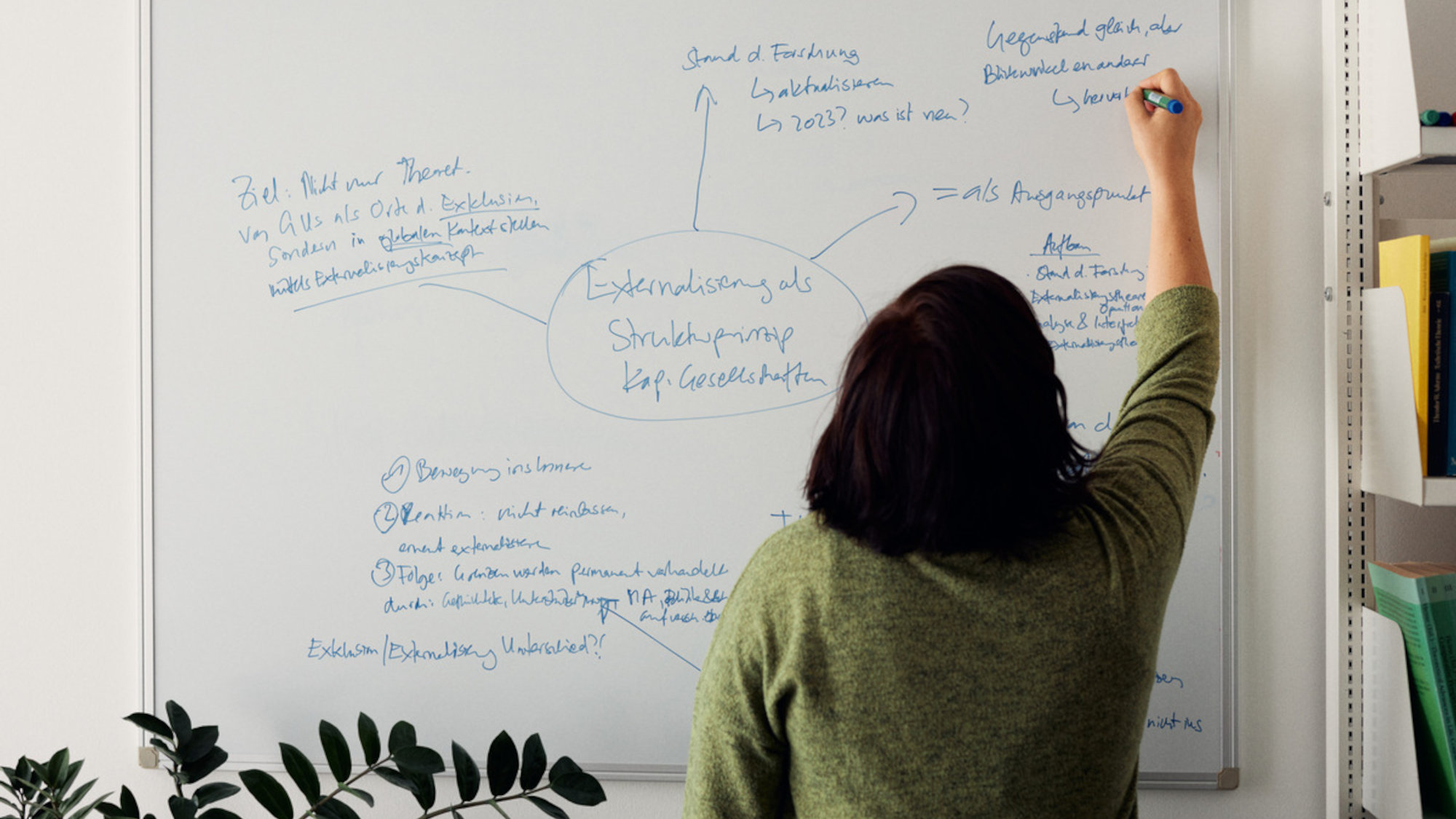
© Patrick Pollmeier
Global Solidarity: Circumstances, Limits, and Chances
The Bremen Research Network GlobaLab will work on three areas
The “GlobaLab – Bremen Research Network on Global Solidarity” is one of the University of Bremen clusters, which is applying for the German federal and state governments’ Excellence Initiative. In this short series, we will introduce the project; the second part discusses the research areas.
In contrast to the life sciences, there are seldom classical discoveries in social sciences. Innovations result from the development of new instruments and perspectives on known topics. GlobaLab is treading a similar new path with the development of a data infrastructure, the “Observatory on Global Solidarity.” Where does solidarity present itself now, and where in the past? “We want to gain a representative picture by systematically gathering data from previous attempts at global solidarity,” said Prof. Dr. Philipp Genschel, cluster spokesperson.
The cluster wants to examine the circumstances, limits, and chances for global solidarity from three research areas. The first area focuses on debates surrounding solidarity – different people have a very different understanding of what global solidarity means. When and how is consensus gained about what solidarity means and who deserves it? Which arguments hold internationally and which are regionally limited?
The second research area approaches the political movements surrounding solidarity. Who supports solidarity and why? Who is fighting against it? When and how do coalitions form and gain influence? The third research area addresses the institutionalizing of global solidarity. What qualities do institutions need to not just commit to something, but put it into practice? When do institutions fail or remain inconsequential?
The trends and patterns of global solidarity gained from the future data observatory will be made publicly available. “We hope that this helps to develop new perspectives and establish this field of research. Questions about solidarity appear in so many contexts,” Genschel says.